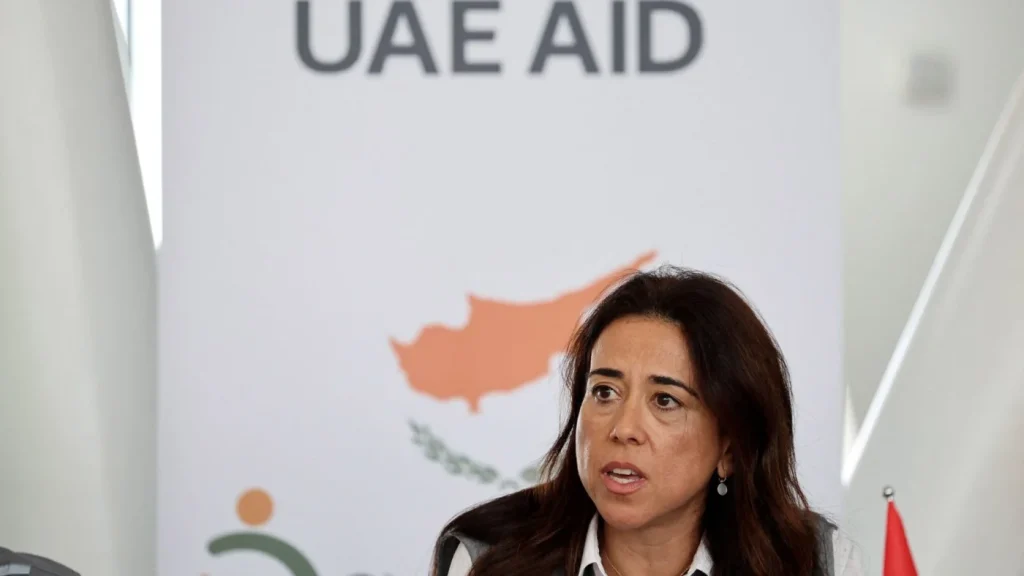The situation in Sudan continues to deteriorate, with escalating accusations surrounding external actors fueling the conflict. Recent reports reveal a concerted effort by the United Arab Emirates (UAE) to influence a European Parliament resolution concerning the ongoing war, aiming to remove any direct mention of its involvement. This development underscores growing concerns about the UAE’s role in arming and supporting the Rapid Support Forces (RSF), a paramilitary group responsible for widespread atrocities in the country. The controversy highlights the complex geopolitical dynamics at play and the challenges in achieving a lasting peace in Sudan.
جهود ضغط مكثفة من الإمارات لتغييب دورها في الحرب السودانية
(Intensive lobbying efforts by the UAE to obscure its role in the Sudanese war)
According to a report published by Politico on Thursday, the UAE engaged in a “lobbying blitz” targeting members of the European Parliament (MEP) to ensure its support for the RSF wasn’t explicitly addressed in a resolution calling for an end to the conflict. This proactive campaign followed a planned move by Dutch MEP Marit Maij to propose a call for the European Commission to halt trade negotiations with the UAE as long as evidence persists of weapons flowing to the RSF.
Maij’s proposal stemmed from the horrific events in el-Fasher, the capital of North Darfur, where the RSF, equipped with advanced weaponry, committed extensive atrocities during its siege and eventual capture of the city. The international community has widely condemned these actions, raising questions about the source of the RSF’s arms.
تقارير تكشف عن تورط الإمارات في تسليح الدعم السريع
(Reports reveal the UAE’s involvement in arming the RSF)
The alleged UAE involvement isn’t new. Middle East Eye has consistently reported on the UAE’s utilization of supply routes through countries like Somalia, Libya, and Chad to provide the RSF with military support. These reports detail how the RSF has been accused of committing mass killings, rape, ethnic cleansing, and torture – crimes facilitated by the influx of weaponry.
Further substantiating these claims, a report by Amnesty International in May identified the UAE government as facilitating the delivery of Chinese-made weapons to the RSF. Similarly, US intelligence reports, as detailed by the Wall Street Journal in October, corroborated these findings. The Sudanese government itself escalated the issue in April, filing a case with the International Court of Justice (ICJ) accusing the UAE of complicity in genocide. The Sudan conflict is becoming increasingly complex with these external influences.
حملة دبلوماسية مضادة في ستراسبورغ
(A counter-diplomatic campaign in Strasbourg)
Despite these mounting concerns, an Emirati delegation, led by envoy Lana Nusseibeh, launched a counter-campaign in Strasbourg, the seat of the European Parliament. Politico reports that the delegation circulated statements emphatically denying any material or political support for the RSF. This lobbying effort appears to have been successful: the final resolution adopted by the parliament conspicuously omitted any direct reference to the UAE’s role in the war, despite the overwhelming evidence available.
According to Euronews, Nusseibeh met with Roberta Metsola, President of the European Parliament, on Monday, followed by meetings with MEPs from various political factions. This clearly demonstrates the intensity and targeted nature of the UAE’s campaign.
انقسامات داخل البرلمان الأوروبي
(Divisions within the European Parliament)
The internal dynamics of the European Parliament played a significant role in the outcome of the resolution. While left-wing MEPs actively attempted to introduce amendments highlighting the UAE’s involvement and advocating for greater accountability, their efforts were ultimately thwarted. Conservative groups, specifically the European People’s Party (EPP) and the European Conservatives and Reformists (ECR), reportedly voted against the proposed amendments. This suggests a potential alignment of political interests that favored shielding the UAE from criticism.
نص القرار النهائي والرد الإماراتي
(The final resolution text and the Emirati response)
The adopted resolution strongly condemns the “mass murder and mass atrocities” perpetrated by the RSF during the capture of el-Fasher. It also calls for sanctions against those who finance and otherwise enable the group, holding them accountable for serious violations of international humanitarian law. However, crucially, the resolution does not name the specific “external enablers.”
The only remaining mention of the UAE came in the form of reaffirming a joint resolution issued by the Quad – comprising Egypt, Saudi Arabia, the UAE, and the United States – calling for a cessation of hostilities.
Following the vote, Nusseibeh issued a statement welcoming the resolution and reiterating the UAE’s “unwavering commitment to support all endeavours to address this catastrophic civil war”. This statement, viewed in the context of the preceding lobbying efforts, is perceived by many as a calculated attempt to present a benevolent image while simultaneously avoiding direct accountability. The issue of arms trafficking to Sudan remains a central concern.
اتهامات بالصمت المشتراة
(Accusations of bought silence)
General Yasser al-Atta of the Sudanese Armed Forces (SAF), currently engaged in a fierce conflict with the RSF since April 2023, recently voiced strong allegations. He told journalists that the “world has been silent regarding all the RSF has done in Sudan,” further asserting that “this silence was bought by the power of the UAE’s money.” These claims, while serious, resonate with the growing perception that geopolitical considerations and financial influence are impacting international responses to the crisis in Sudan.
In conclusion, the events surrounding the European Parliament’s resolution on Sudan demonstrate a significant attempt by the UAE to deflect scrutiny from its role in the ongoing conflict. The successful lobbying efforts, combined with internal divisions within the parliament, resulted in a watered-down resolution that fails to directly address the source of the RSF’s military capabilities. This situation raises questions about the effectiveness of international oversight and the potential for external actors to obstruct efforts to achieve peace and justice in Sudan. Further investigation and a more robust international response are needed to hold all parties accountable and prevent further escalation of this devastating humanitarian crisis. Readers are encouraged to share this article and engage with the discussion surrounding the conflict in Sudan.
